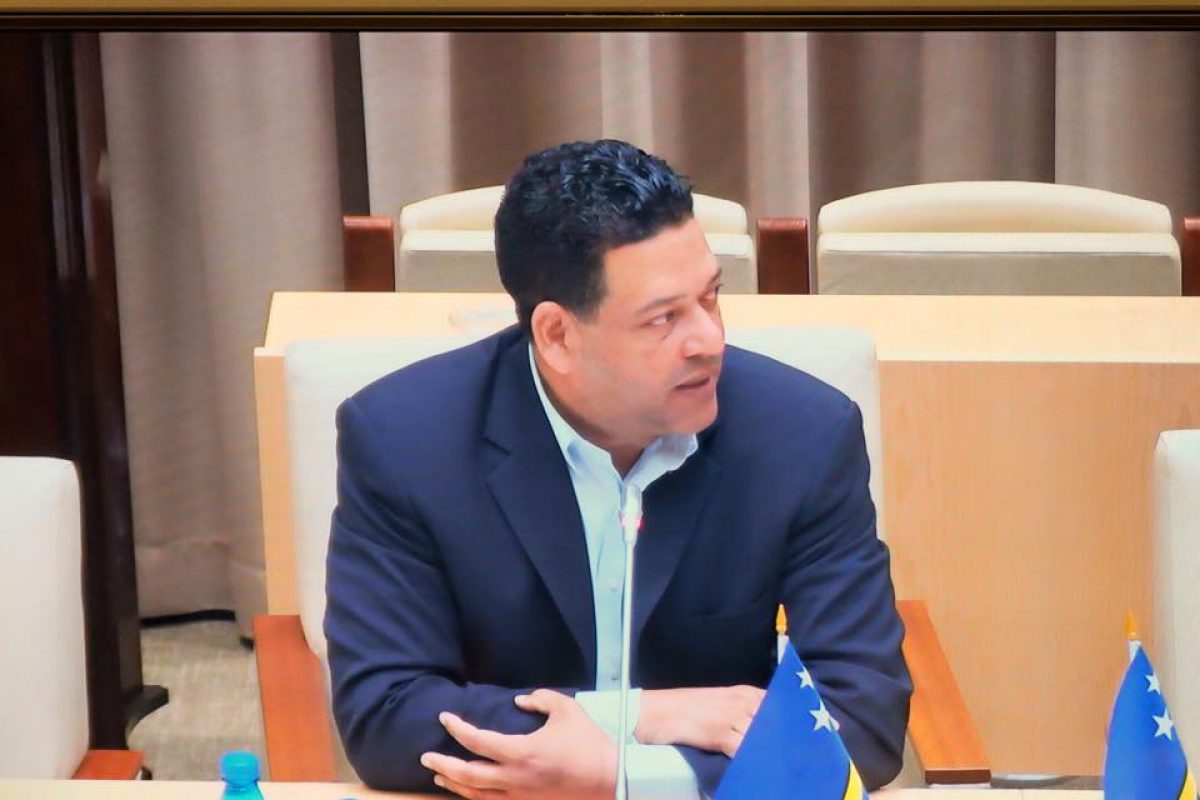
As a member of the US-based think tank Global Americans’ Working Group on Climate Change in the Caribbean, I am glad to share that we have published our third paper* in our series on Climate Change in the Caribbean. This paper focuses on illicit economic activities in our region.
The Caribbean remains a unique and diverse environmental biome replete with valuable living
and non-living resources in its waters, reefs, and forests. It is also an ideal location for illicit activities. The geographic characteristics of our region have contributed to the Caribbean’s role as a staging point for South American narcotics headed for North American and European markets. Other illicit activities conducted around the Caribbean’s location include human trafficking, gun smuggling, and money laundering.
The focus of this paper however will be on illicit activities that are closely linked to climate change and include illicit gold mining, illegal logging, poaching, and IUU (Illegal, Unreported, and Unregulated) fishing.
The global retail value of transnational crime:
Counterfeiting $923 billion to $1.13 trillion
Drug Trafficking $426 billion to $652 billion
Human Trafficking $150.2 billion
Illegal Logging $52 billion to $157 billion
Illegal, Unreported, and Unregulated Fishing $15.5 billion to $36.4 billion
Illegal Mining $12 billion to $48 billion
Crude Oil Theft $5.2 billion to $11.9 billion
Illegal Wildlife Trade $5 billion to $23 billion
Small Arms & Light Weapons Trafficking $1.7 billion to $3.5 billion
Trafficking in Cultural Property $1.2 billion to $1.6 billion
Organ Trafficking $840 million to $1.7 billion
Source: Channing May, Transnational Crime and the Developing World, Global Financial Integrity, March 2017.
Who commits these crimes? The actors may surprise you. They consist of legal professionals, company formation, agents, notaries, bankers, and accountants who help launder illicit funds through licit institutions.
This report is intended to inform policymakers, non-governmental actors, and the public of the
a broad scope of environmental crimes in the region and suggest substantive actions to curb these
activities.
Willemstad, Curaçao
